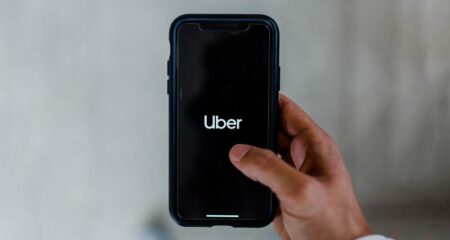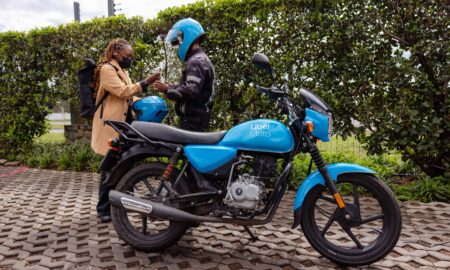
Internet ride-sharing service Uber says reports about 200 of its partner drivers striking in Cape Town are exaggerated.
Reports emerged on Wednesday night saying that about 200 Uber drivers stopped working and marched toward the company’s Greenpoint office in the Cape Town to protest the company’s winter price cuts.
Uber on Wednesday announced that it plans cutting its UberX fares by up to 20% in Johannesburg, Pretoria, Durban and Cape Town to boost demand during the quieter winter period.
But Alon Lits, Uber’s GM for sub-Saharan Africa, said at a media briefing on Thursday that only about 50 partner-drivers headed to the Greenpoint office.
“Talking specifically on Cape Town, we feel that those numbers are somewhat exaggerated,” Lits said at the briefing.
“Why I say that is that the partners who came to the office yesterday were invited in for an information session and there are less than 50 seats available in the room that they went into and everyone was seated.
“So, it’s not as big of a number as was made out,” Lits said. He said, too, that he didn’t view the action as a strike.
“I think they had questions; they had concerns. I wouldn’t call it a strike. They came in and they wanted answers, which they’re fully allowed to do,” Lits said.
Uber does not employ drivers but rather partners with them and gives them a percentage of each fare.
In Johannesburg, Pretoria, Cape Town and Durban, Uber as of Thursday has lowered its per minute fare from 75c to 60c and its per kilometre price from around R7 to R6.
The company said that price cuts in other parts of the world have led to greater demand in global cities such as Lagos and Warsaw.
Uber has also said that it communicated the price-cuts to its South African driver-partners last week and that it has extended its office hours to deal with queries from its partners.
“Last week already, messaging went out to drivers inviting them for an information session on Monday where we explained the rationale behind the price cuts and explained why we felt this was going to benefit the overall business,” Lits said at the briefing.
“In addition to that, SMSes and e-mails went out to the driver base on Monday.
“So, we did make sure that we gave them that advanced warning that this was going to happen, explaining the rationale as to why it was happening,” said Lits.
Uber was launched in South Africa in August 2013 and since then the service has moved over 500 000 riders across in the country.




